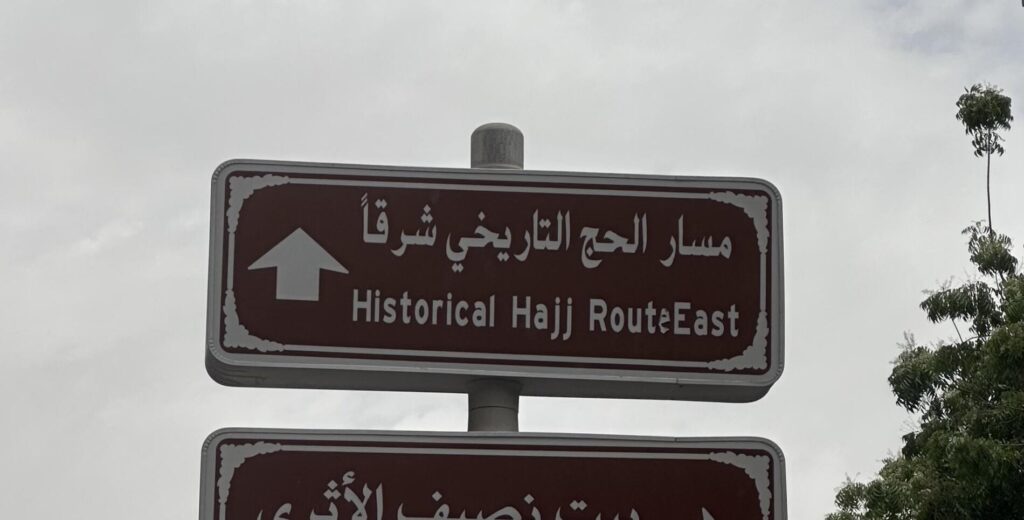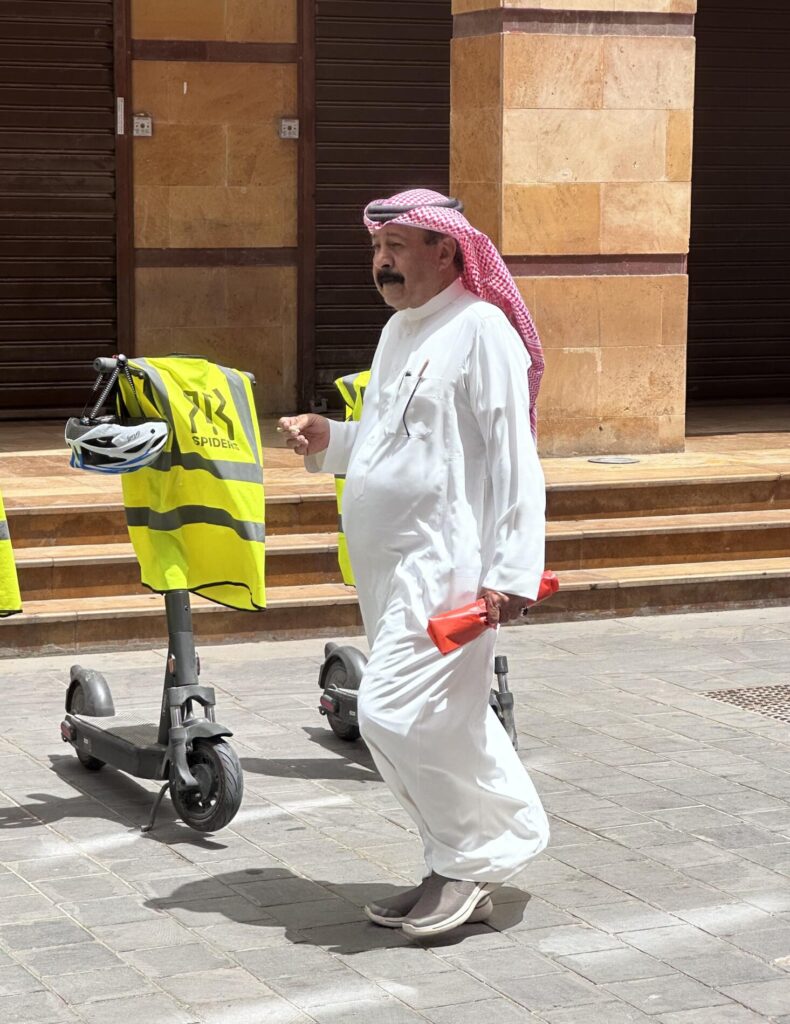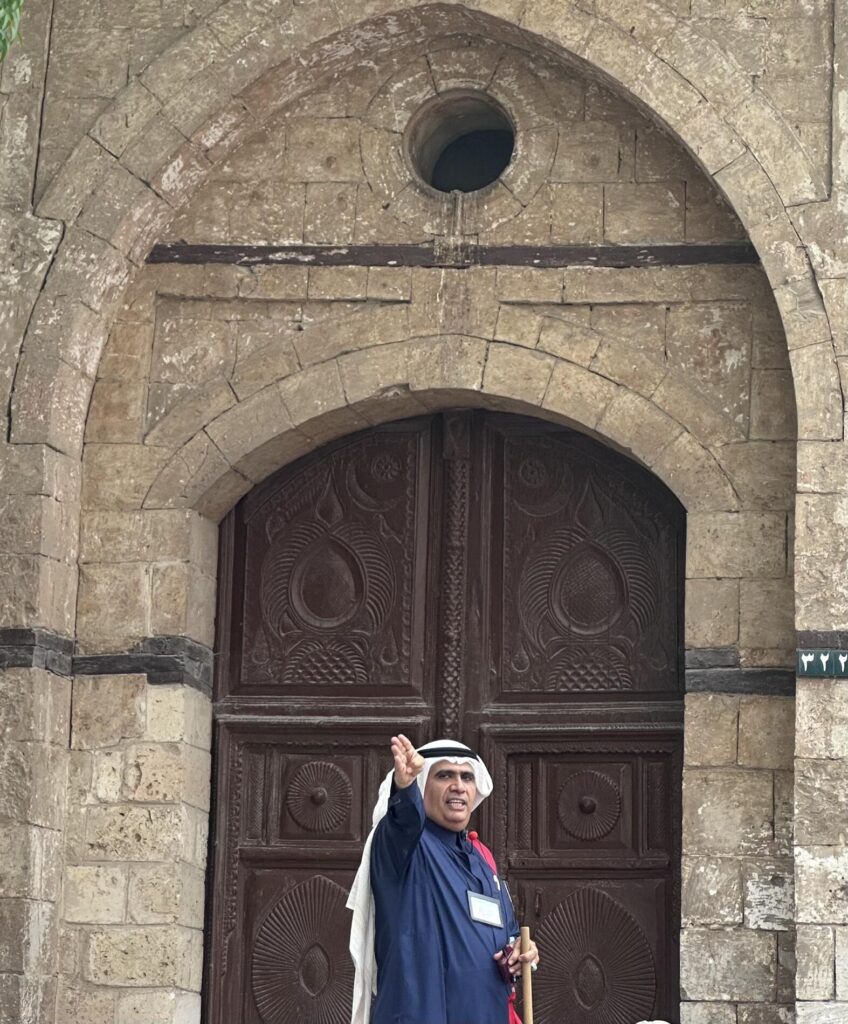Jeddah, Saudi Arabia
- At October 01, 2023
- By Jessica
- In Travel
 0
0
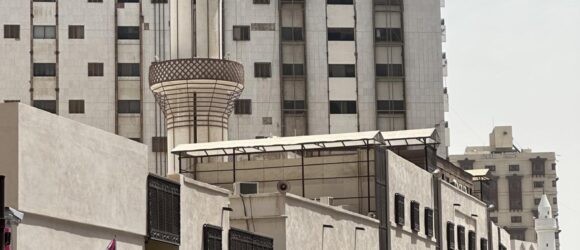
For those of you who don't keep up with Muslim traditions, it is Ramadan as well as Easter. While we gorge ourselves with chocolate bunnies, provided by room service, our hosts are fasting. Viking has warned us no food or drinks while we are on land in Saudi Arabia.
We were also warned no touching (imagine us not being allowed to hold hands?), dress modestly, no porn (seriously?), etc. The ship cannot serve any alcohol while in Saudi waters.
As we pull in to port, the vast oil wealth is immediately obvious. Everything is modern, spotless, state-of-the-art. Not a scintilla of trash in the water.
Saudi Arabia's second-largest city, Jeddah has played a dual role throughout its history. Located on the eastern shores of the Red Sea, it was a major port for Indian Ocean trade routes starting in the seventh century. It also became a historically important gateway for Muslim pilgrims arriving by sea on their journey to the holy cities of Mecca and Medina, a role that continues to this day.
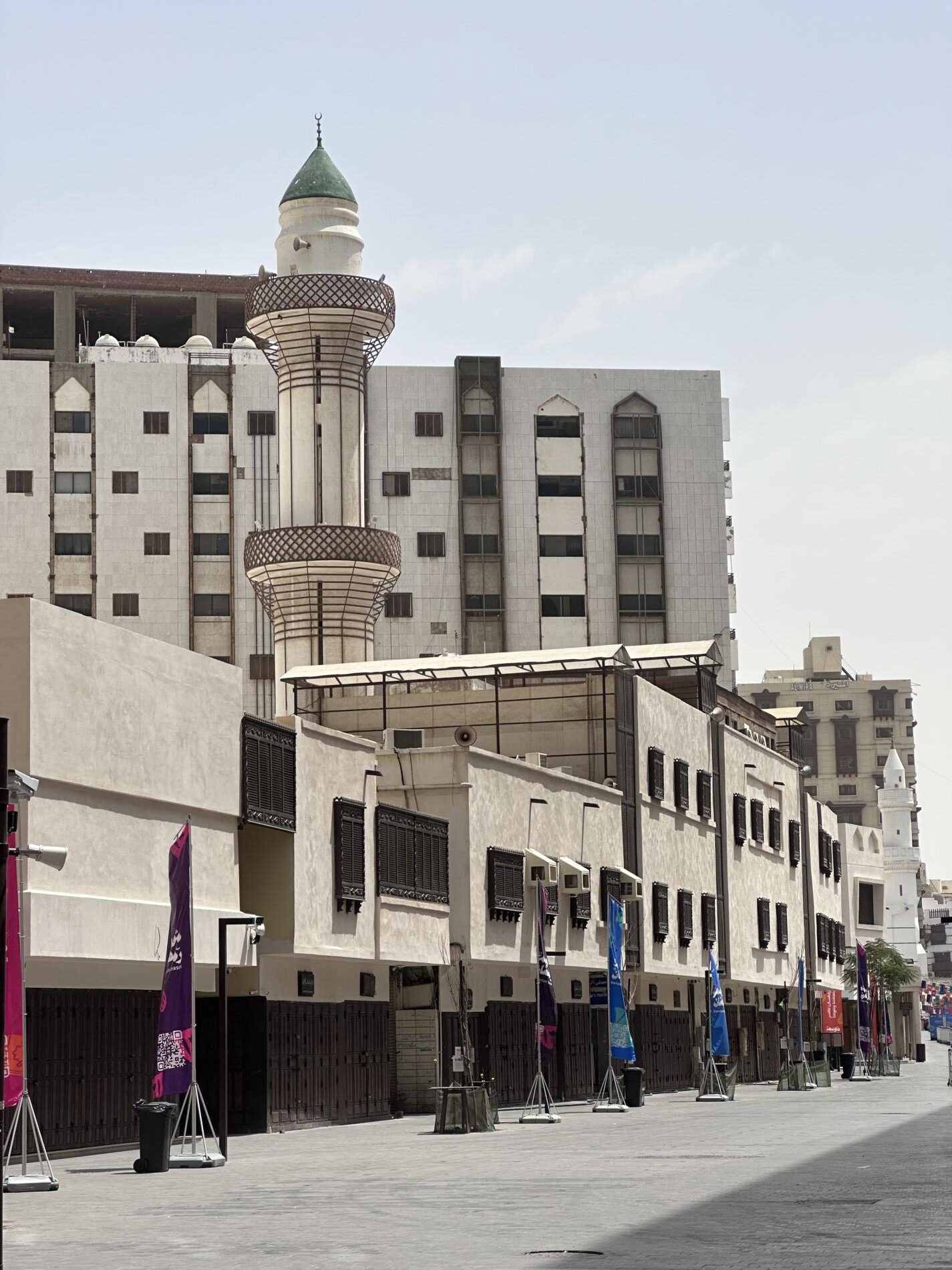
A modern multicultural city, Jeddah's heritage is evident as we took in the distinctive Red Sea architecture in the historic Old Town, Al-Balad. Surprisingly, there were no skyscrapers. Almost every building was the same height and beige, beige, beige. The city reminded us of one huge sand castle.
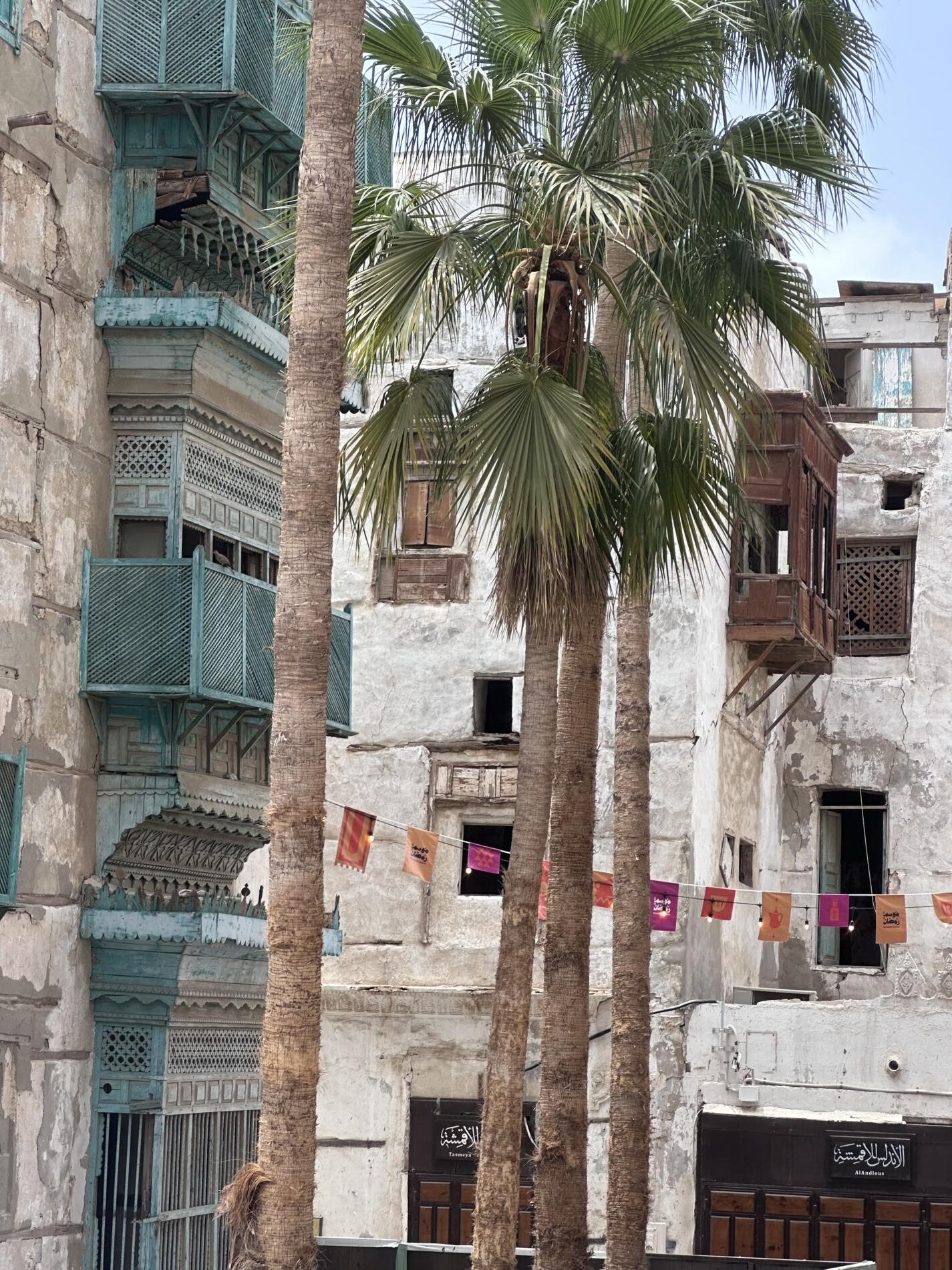
We were told Jeddah Tower, under construction, will be the "world's tallest" building, we saw the "world's tallest" flagpole, and the "world's largest" fountain. Frankly, underwhelming. Largest and tallest are not synonyms for best.
We drove along the Corniche, billed as the Champs Elysees of the Middle East. That's a stretch. It's a man made resort area with hotels including a Ritz-Carlton that looks like a Sultan's Palace.
Jeddah's history can be traced back to the Stone Age. We visited an old home that is now a museum, a mosque with a coral stone minaret that is 1,400 years old, and walked through ancient streets still part of everyday life. Jeddah was destroyed by the Portuguese in 1500, surrendered to the British Forces in 1916, then became independent in 1917.
About a week ago, Viking offered us a women-only tour. We were led to believe we would visit an authentic home to see how Saudi women live. Jessica went and, as she expected, it was a propaganda tour. The guide repeated points about how free Saudi women are, how they have equal rights to men, etc., etc. multiple times. When asked direct questions she was either evasive or misleading. A simple Google search confirmed that what she was telling us was concocted. This was a big disappointment. Although, in general, we found Jeddah fascinating.
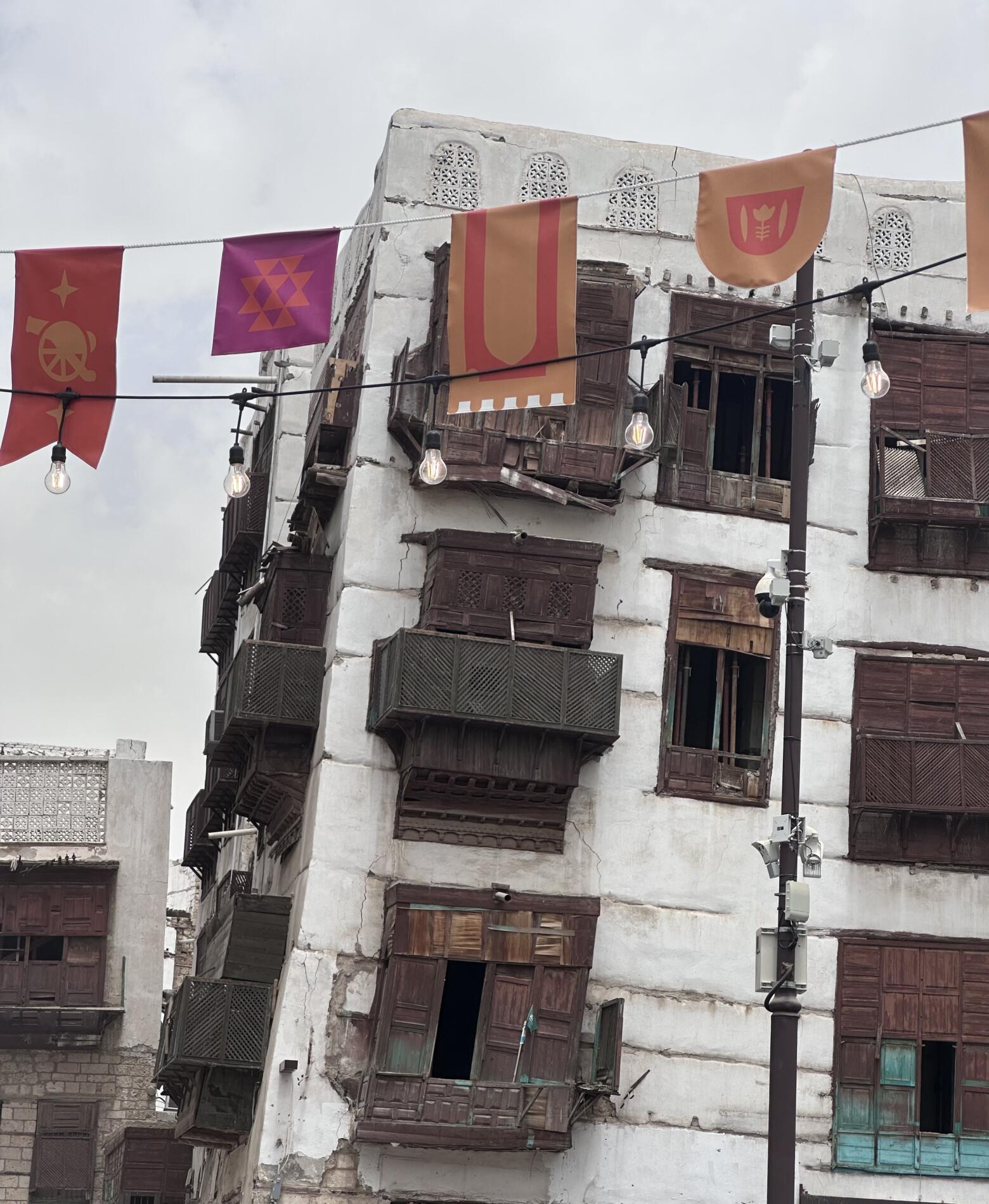
At the end of the day we are left with two conclusions:
- Saudi Arabia is the most foreign place we've ever been.
- Saudi Arabia Halva is the most delicious we've ever eaten.

